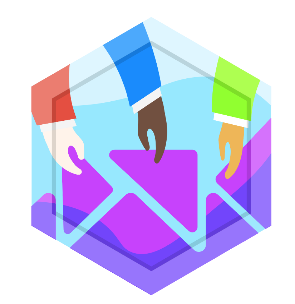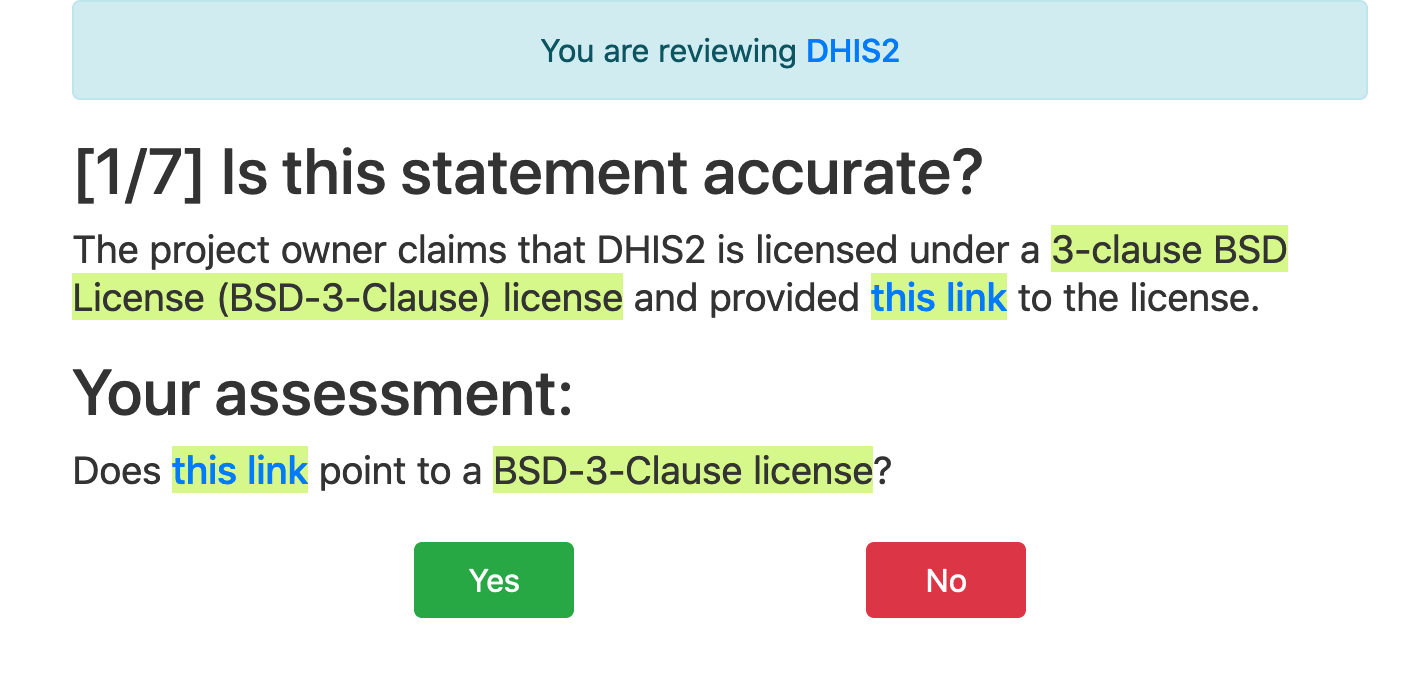Community Sourcing Digital Public Goods

Calling all contributors: The DPGA is now community sourcing reviews of digital public goods!
Today, the Digital Public Goods Alliance (DPGA) launched our first community sourcing exercise!
We’re asking you to participate by reviewing open source projects against the Digital Public Goods Standard with the ultimate goal of determining if a project qualifies as a DPG.*

Why participate?
Open source represents an unprecedented opportunity to fundamentally alter power balances in international development. But, we can’t harness that power without the cooperation of many – reviewers, maintainers, creators, policy makers, and so many others (that means you!).
This community sourcing exercise will give you the opportunity to delve into some of the largest up and coming open source projects. You’ll get a chance to understand their licenses and documentation, and how they’re designing for best practices, standards, privacy and more.
By participating, you’ll get a better understanding of open projects that are making a difference in the world, particularly those that are advancing practical solutions to help achieve the Sustainable Development Goals (SDGs). You’ll also join a growing number of innovators working on technology for development (T4D).

There’s more! We want to show our appreciation for your reviews! We’re working with the UNICEF Office of Innovation’s Blockchain Team to recognize those who contribute with a blockchain-based badge. This badge will be displayed on your Gitcoin profile. As a reviewer, you’ll earn the first Kudos ever issued by the DPGA!
What We Learn When You Participate
The Digital Public Goods Alliance (DPGA) strives to embody the principles of openness and transparency in how we operate. We want to engage people who share in our mission of promoting digital public goods for a more equitable world.
The United Nations Secretary-General’s Roadmap for Digital Cooperation states, “Currently, access to digital solutions is often limited through copyright regimes and proprietary systems. Most existing digital public goods are not easily accessible because they are often unevenly distributed in terms of the language, content and infrastructure required to access them.”
To address these issues, we plan to screen and assess digital public goods that have been nominated to our DPG Registry, but are not yet screened against the DPG Standard. We are looking for engagement in this screening process.
Our aim is to build a process that is reliable, scalable, transparent and open. Ultimately, we want our vetting process to fit with our open values and to leverage the expertise of not only our staff, but also the community to help assess these projects.
Desired Outcomes
Our hypothesis is that, by crowdsourcing this screening process, we will arrive at some degree of consensus and therefore be able to move a significant number of projects from “nominated” to “Digital Public Good”. We will be testing this by using confidence ratings in our questions and looking at the overall agreement among reviewers.
We also want to hear from you – is there interest in participating in an activity like this in the future? Are there better ways to engage you to support an effort like this? We encourage you to leave feedback in the comment boxes throughout the process to help us learn and grow.
Want to get involved?
Here’s how you can participate:
- Go to https://validate.digitalpublicgoods.net.
- Login with your GitHub credentials (or create a profile, if you don’t have one already).
- Select an open source project that has been nominated as a Digital Public Good.
- Follow the step-by-step instructions to review the project and decide whether or not you believe it meets the DPG Standard criteria.
- The validate webapp will open a Pull Request on your behalf.
- To receive your blockchain-badge, submit your Pull Request (PR) to the Gitcoin Bounty (login with your GitHub credentials).
- Badges will be allocated on a rolling basis – check back on your Gitcoin profile for your badge!
Ready to try for yourself?
*We define a digital public good as: “open source software, open data, open AI models, open standards and open content that adhere to privacy and other applicable laws and best practices, do no harm, and help attain the SDGs.”
For more information on the Digital Public Goods Alliance or the Digital Public Goods Standard, visit our website.
For specific inquiries related to licensing, please reach out to: nominations@digitalpublicgoods.net